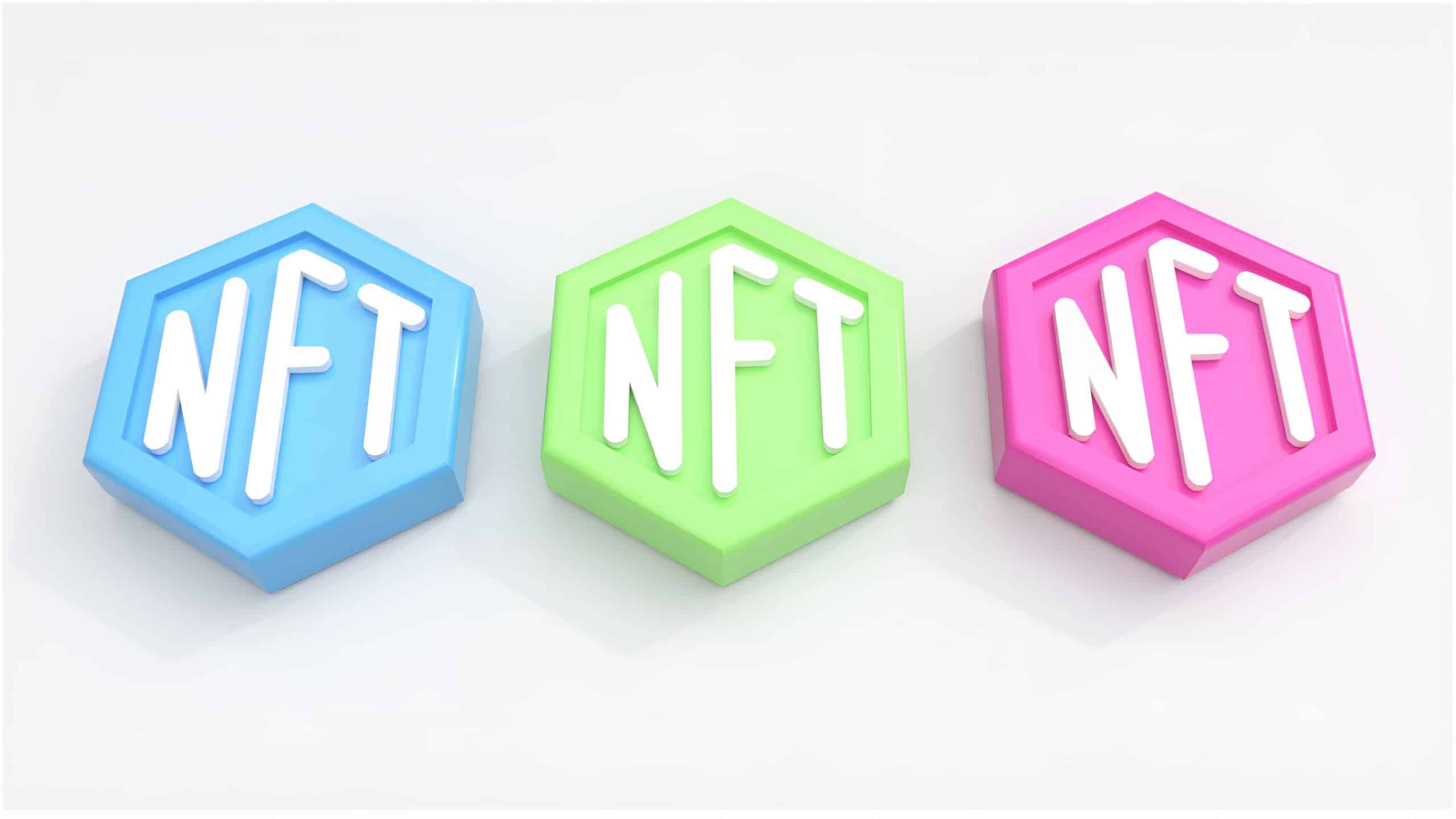Cryptocurrency has emerged as a revolutionary force in the financial world, disrupting traditional methods of value exchange.
As digital currencies gain popularity and adoption, it becomes crucial to understand the different types of cryptocurrency available in the market. Each type offers unique features, use cases, and potential benefits.
In this article, we will explore the main types of cryptocurrency, shedding light on their characteristics, functionalities, and the impact they have on the ever-evolving landscape of investing.
Whether you’re a beginner to cryptocurrency and want to learn more or an experienced investor, this comprehensive guide will provide valuable insights into the diverse world of cryptocurrency and help you navigate this exciting realm of digital assets.
Table of Contents
The Pros and Cons of Cryptocurrency

It is important for individuals considering cryptocurrency investments to carefully weigh the pros and cons, conduct thorough research, and seek professional advice before making investment decisions. Awareness of the risks and precautions can help mitigate potential downsides while taking advantage of the opportunities presented by the cryptocurrency market.
Decentralization and Transactional Freedom
Cryptocurrency’s decentralized nature is one of its key advantages. Without a central authority governing transactions, individuals have greater control over their finances and can engage in peer-to-peer transactions without intermediaries. This decentralized approach promotes financial inclusion by providing access to financial services for individuals who are unbanked or underbanked.
Fast and Cost-Effective International Transfers
Cryptocurrencies offer efficient solutions for cross-border transactions. Traditional banking systems often involve complex processes and high fees for international transfers. In contrast, cryptocurrency transactions can be conducted quickly and at a lower cost, eliminating the need for intermediaries and reducing transaction fees.
Potential for High Returns
Cryptocurrencies have demonstrated significant growth potential over the years. For example, Bitcoin (BTC) has achieved an impressive Compound Annual Growth Rate (CAGR) of almost 200% from 2009 to 2019, according to BitcoinWiki.
This outperformance compared to traditional investments, such as gold, has attracted the attention of investors seeking high returns.
Volatility and Speculative Nature
One of the notable downsides of cryptocurrency is its volatility. Cryptocurrency prices can experience substantial fluctuations within short periods, leading to potential gains or losses for investors. This volatility makes cryptocurrency investments inherently risky and requires careful consideration and risk management strategies.
Security Concerns and Lack of Regulations
The relative newness of the cryptocurrency market and the lack of comprehensive regulations create an environment where security concerns and risks prevail. Cryptocurrency exchanges and wallets can be targets for hacking and cyberattacks. The absence of regulatory oversight may result in fraudulent activities, scams, and market manipulation, potentially exposing investors to financial losses.
Limited Acceptance and Adoption
While cryptocurrencies have gained significant popularity, their acceptance and adoption in the mainstream economy are still limited. Many businesses and individuals are hesitant to accept cryptocurrencies as a form of payment due to concerns about price volatility, regulatory uncertainties, and a lack of understanding. This limited acceptance hinders the widespread use and integration of cryptocurrencies into everyday transactions.
Understanding The Different Types of Cryptocurrencies

It is important to educate oneself on the various types of cryptocurrency and their potential risks and benefits before investing. It’s also important to consider how they fit into a larger economic and societal context and what impact they may have in the future.
Traditional Cryptocurrency
Traditional cryptocurrency operates on a peer-to-peer basis, meaning it doesn’t rely on a central authority. It uses blockchain technology to store information securely through encryption, making it highly resistant to hacking attempts. To ensure the validity of transactions, traditional cryptocurrencies depend on network consensus. This means that the majority of the network must agree on each transaction before it becomes part of the blockchain and is considered secure.
Bitcoin, for example, uses a system called “Proof of Work” (PoW). In this system, computers in the network compete to solve complex mathematical problems through a process known as mining. This process not only confirms transactions but also introduces new units of the currency into circulation, maintaining a controlled supply.
Ethereum, another traditional cryptocurrency, offers additional functionalities beyond being a medium of exchange. It allows developers to create decentralized applications (dApps) and smart contracts on its blockchain. Ethereum utilizes a different consensus algorithm called “Proof of Stake” (PoS). In PoS, individuals can lock up their ETH as a stake in the network to verify transactions, eliminating the need for PoW mining.
By incorporating PoS and enabling dApps and smart contracts, Ethereum expands the possibilities and use cases of traditional cryptocurrency, offering a more versatile platform for decentralized applications and programmable transactions.
Altcoins
Essentially, altcoins are cryptocurrencies that are not Bitcoin. They operate on their own blockchain and offer unique features and improvements compared to traditional cryptocurrencies. Some altcoins are created by making changes to the original Bitcoin code (known as forks), while others have entirely new blockchains.
An example of an altcoin is BitMart. BitMart is an altcoin that operates as a cryptocurrency exchange platform, offering various features and services for trading different digital assets.
However, altcoins also have some drawbacks. Being relatively new and having a smaller market share, they often have lower liquidity and can be more prone to price fluctuations. It’s important to consider these factors when exploring altcoins as investment options or for other purposes within the cryptocurrency ecosystem.
Stablecoins
Stablecoins are a type of cryptocurrency designed to maintain a stable value by being pegged to an underlying asset, such as the US dollar, gold, or a combination of currencies.
They aim to offer the advantages of traditional cryptocurrencies, such as fast and borderless transactions, while minimizing the volatility commonly associated with other forms of digital currency.
Fiat-collateralized stablecoins are a popular variant that are backed by reserves of traditional fiat currency, such as Tether (USDT), USD Coin (USDC), and TrueUSD (TUSD). These stablecoins undergo regular audits to ensure that the amount of reserve assets matches the number of stablecoins in circulation.
While this backing with real-world assets provides a level of stability, it also reintroduces some centralization aspects, which goes against the decentralized nature originally envisioned for cryptocurrencies.
Utility Tokens
Utility tokens, also known as app coins or user tokens, serve as a gateway for users to access specific products or services. Unlike traditional cryptocurrencies or stablecoins, their primary purpose is not to be used as a form of payment or to hold monetary value. Instead, their value is derived from the utility they provide within a particular platform or network.
Here are some examples of utility tokens:
- Filecoin (FIL) is used to facilitate the buying and selling of storage space on its decentralized cloud storage network. By owning and using Filecoin, users can participate in the platform’s storage marketplace.
- Basic Attention Token (BAT) acts as a utility token on the Brave browser. With BAT, users can access advertising and attention-based services within the browser’s ecosystem.
- Augur (REP) is a utility token that enables users to engage in prediction markets on its platform. By holding and utilizing Augur, participants can make predictions and participate in the platform’s forecasting activities.
Utility tokens unlock specific functionalities or access to services within a particular network, enhancing user experiences and facilitating interactions within the platform’s ecosystem.
Digital Assets
Digital assets provide a distinctive form of ownership, typically related to utility or security. They serve as a medium of exchange within specific platforms and decentralized applications (dApps), such as virtual currencies used in games.
Non-fungible tokens (NFTs) have emerged as a prominent trend in the digital world. These tokens signify ownership of one-of-a-kind digital assets that cannot be exchanged on a like-for-like basis, unlike traditional currencies. Each NFT represents a unique item, be it a piece of art, virtual real estate, or collectibles in digital form.
In the realm of NFTs, various platforms have emerged as marketplaces for trading and exchanging these unique digital assets. These platforms provide a space for artists, creators, and collectors to showcase, buy, and sell NFTs. They facilitate the interaction between creators and enthusiasts, allowing for the seamless transfer of ownership and value.
Notable examples of NFT trading platforms include NBA Top Shots, Nifty Gateway, Mintable, and Foundation. These platforms provide a user-friendly interface and a secure environment for users to participate in the vibrant NFT ecosystem.
Other Forms of Cryptocurrency
In addition to the previously mentioned types of cryptocurrency, there are a few others worth exploring:
- Privacy coins like Monero (XMR) and Zcash (ZEC) utilize advanced cryptography to conceal transaction details, enhancing their resistance to tracing.
- CBDCs are digital currencies issued and controlled by central banks, such as China’s Digital Yuan. While CBDCs provide certain advantages of traditional cryptocurrencies like faster and more affordable transactions, they also involve increased control and supervision by a central authority.
Conclusion
The rise of cryptocurrency as a prominent form of value exchange is considered by crypto experts to be inevitable. Recent developments, including the legal recognition of Bitcoin as a payment method in several countries, reflect its increasing acceptance and potential as a widespread currency.
As more individuals and businesses embrace cryptocurrency, it becomes essential to familiarize oneself with various types of digital currencies. This knowledge empowers informed decision-making when considering the integration of cryptocurrencies into personal financial strategies.














